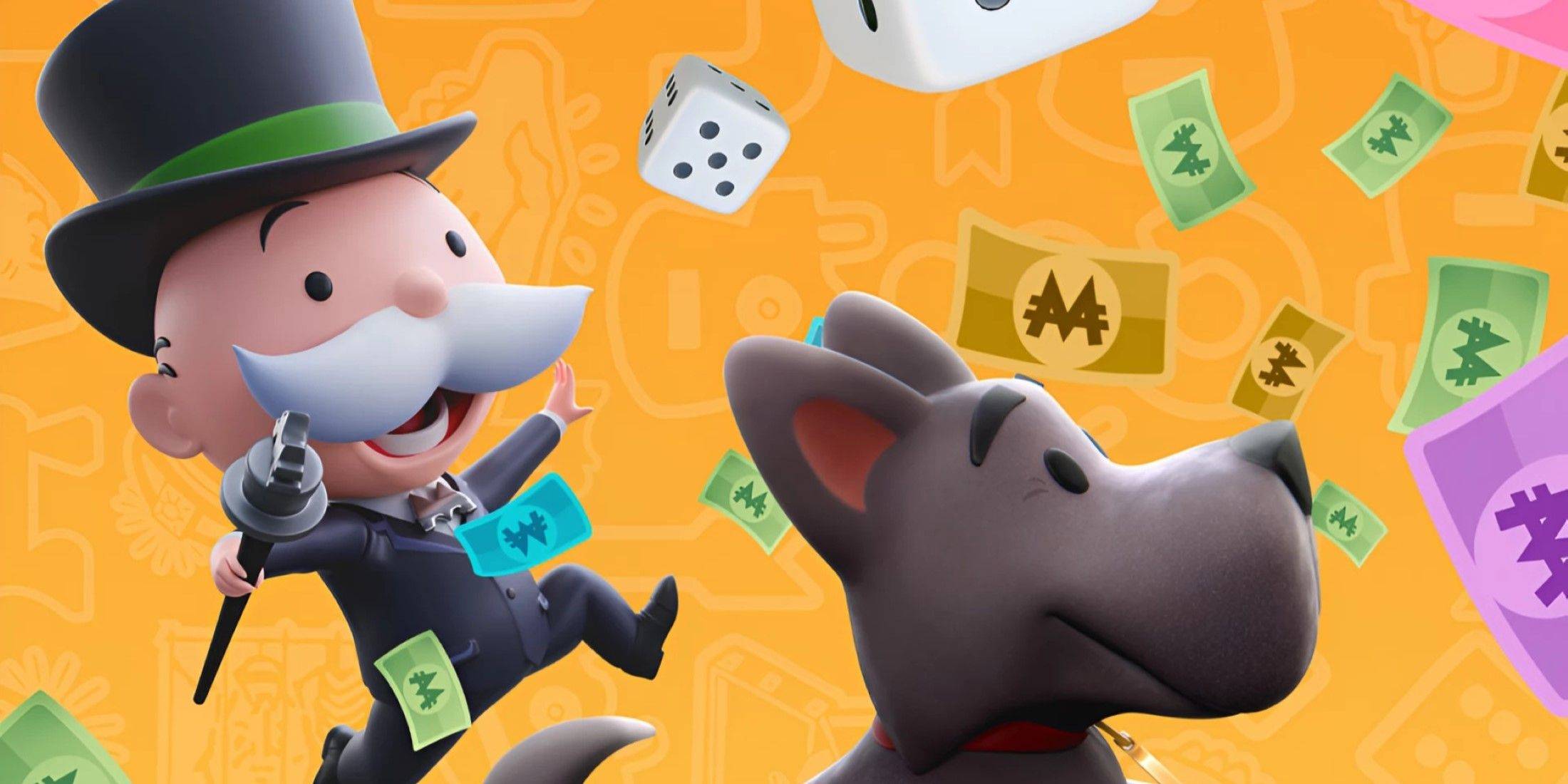Author: EleanorReading:6

Monopoly GO's Microtransactions: A $25,000 Cautionary Tale
A recent incident highlights the significant financial risks associated with in-app purchases in mobile games. A 17-year-old reportedly spent a staggering $25,000 on Monopoly GO microtransactions, underscoring the potential for uncontrolled spending within freemium game models.
This isn't an isolated case. While Monopoly GO is free to download, its reward system incentivizes players to spend money to accelerate progress. One user confessed to spending $1,000 before abandoning the game, demonstrating the addictive nature of these microtransactions. The $25,000 expenditure dwarfs this, however, highlighting the significant financial consequences for some players.
A Reddit post (since deleted) detailed the situation, revealing 368 separate in-app purchases totaling $25,000 made by a 17-year-old. The post's author sought advice on obtaining a refund, but comments suggested that the game's terms of service likely hold the user responsible for all purchases, regardless of intent. This isn't unusual in the freemium gaming market, where microtransactions are a primary revenue driver, as evidenced by Pokemon TCG Pocket's $208 million in first-month revenue.
The Controversy Surrounding In-Game Microtransactions
The Monopoly GO incident is far from the first to raise concerns about in-game spending. Lawsuits against developers like Take-Two Interactive (over NBA 2K's microtransaction model) demonstrate the widespread frustration and legal battles stemming from this practice. While this Monopoly GO case may not reach the courts, it underscores the ongoing debate surrounding the ethical and financial implications of microtransactions.
The profitability of microtransactions is undeniable; Diablo 4, for instance, generated over $150 million in microtransaction revenue. The strategy's success lies in encouraging small, frequent purchases rather than larger, one-time transactions. However, this same characteristic also contributes to the criticism, as it can lead to significant, and often unintentional, overspending.
The Reddit user's chances of a refund appear slim. Nevertheless, this story serves as a stark warning about the potential for excessive spending in games employing aggressive microtransaction models, urging caution and awareness for all players.

 LATEST ARTICLES
LATEST ARTICLES 












